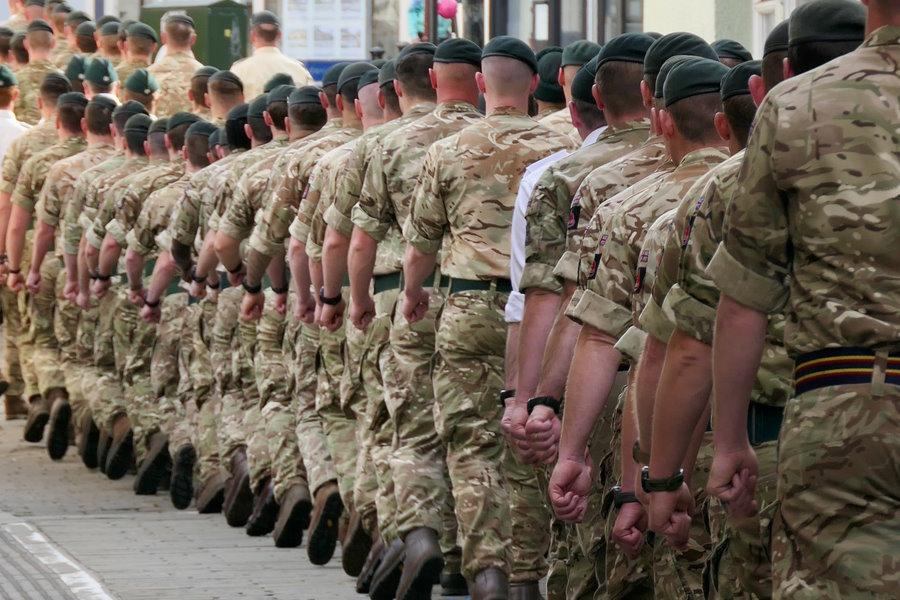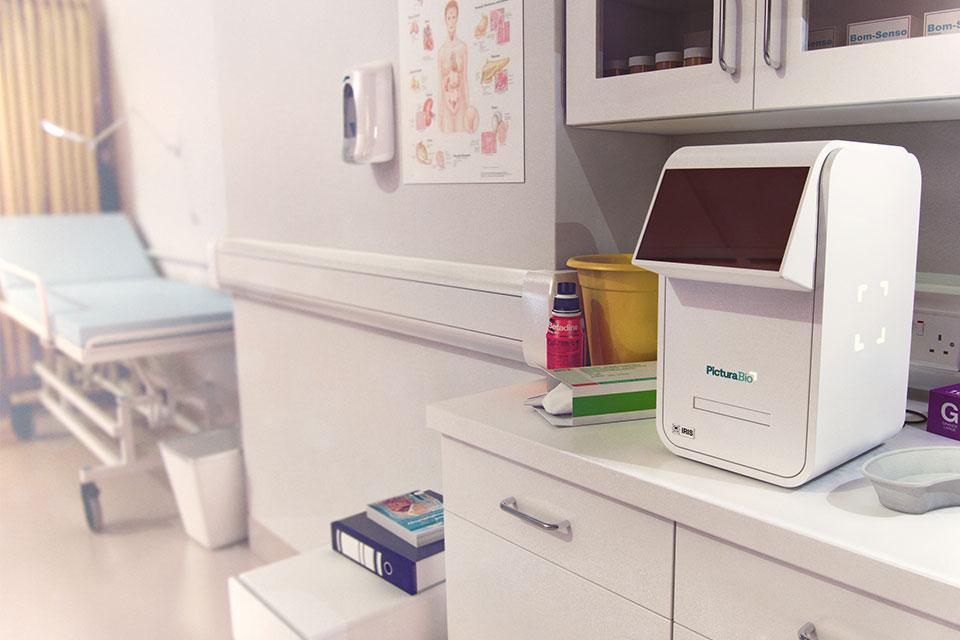AI-based infectious disease detector gets UK funding

The UK government has agreed to support the development of a rapid diagnostic from Oxford medtech firm Pictura Bio that could help manage infectious diseases amongst military personnel.
The aim of the project, funded by the Defence and Security Accelerator (DASA), is to develop Pictura’s artificial intelligence-powered technology into a portable ‘lab-in-a-box’ that could be used to identify pathogens such as influenza, MERS, Ebola, and respiratory infections within five minutes, from a single throat and nose swab.
The DASA ran a competition for access to funding, seeking ways to address the end for rapid diagnosis of infectious disease in military personnel, which can spread quickly due to the physical and mental strains of deployment, close living quarters, frequent contact with novel pathogens, and lack of good sanitation.
Pictura Bio’s chief executive, Alex Batchelor, said the company’s disease testing platform is “ideally suited for in-field testing on the front line because it is small, portable, requires little expertise to operate, and provides a solution for all of the challenges posed by current diagnostics.”
The technology has emerged from the labs of researchers Dr Nicole Robb and Nicolas Shiaelis, respectively from the universities of Warwick and Oxford, and combines molecular labelling, computer vision, and machine learning.
Facial recognition for pathogens
They describe it as being a bit like facial recognition technology, but for pathogens. One element is PIC-ID, a fluorescent coating that sticks to anything with a lipid membrane, which is combined with IRIS, a neural network that can analyse and classify digital microscopy.
The principle is that each pathogen species will look different when coated and visualised under a microscope, and the IRIS software can detect which microbe is present with 99% accuracy, feeding the result back to the practitioner. Its developers say it can be trained to detect an unlimited range of pathogens.
The platform was initially trialled for COVID-19 detection, but has been refined and developed for other respiratory diseases, with potential in future to extend its uses into other pathogens, such as bacteria and fungi, as well as blood and urine samples.

The new funding will be used to develop a portable prototype of the system, which currently takes the form of a microwave-sized machine intended for use in the lab. The smaller prototype should be completed by next February, according to Pictura.
“Technologies currently available to enable the diagnosis of individuals exposed to infectious diseases are often time-consuming and resource intensive,” commented Dr Dominic Jenner, senior scientist at the UK Defence Science and Technology Laboratory (Dstl), which operates the DASA.
“Pictura Bio put forward a compelling proposal offering a potentially innovative approach to diagnostics and we are very interested in helping this technology progress.”











